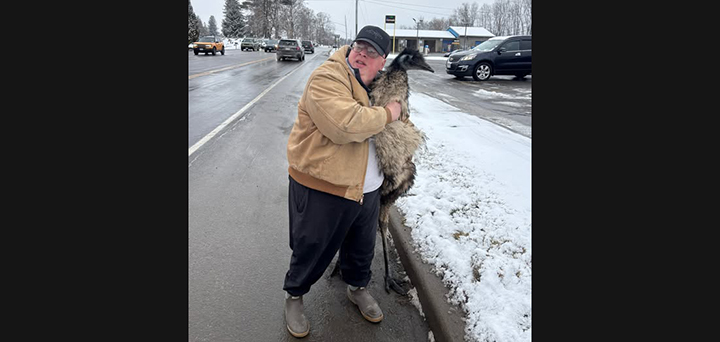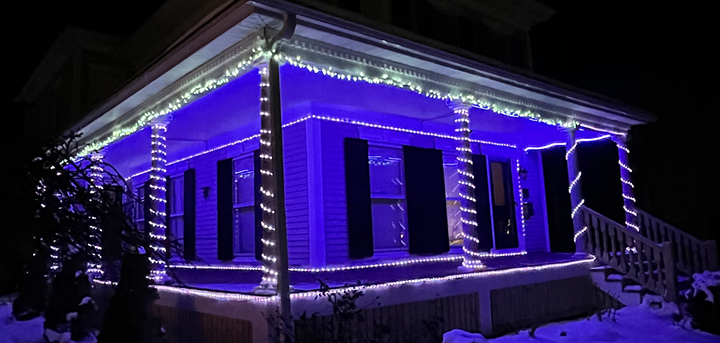Nature, not calendars, dictates our weather
Even though Spring may seem far away yet, Winter is gradually winding down. Why do I say that – especially when the months of March and even April can bring some impressive snowfalls? Small game hunting seasons end this coming Sunday, Feb. 28. Rabbit, grouse and gray squirrel hunters will then have to wait until next fall to seek some tasty and healthful natural meat for the family larder. Other winter activities don’t have a closing date, but depend on the availability of snow to continue
As I watched some of the alpine events at Vancouver’s Olympics, with its mild temperatures and sparse snow cover, it was somewhat ironic that an area of North America we normally associate with cold and snow was having to truck snow in from the higher elevations in order to provide a better base on which the competing skiers could ply their talents. Meanwhile, the Mid Atlantic region of the U.S.– where we don’t think of as a big snowfall area – has been buried under record amounts.












Comments